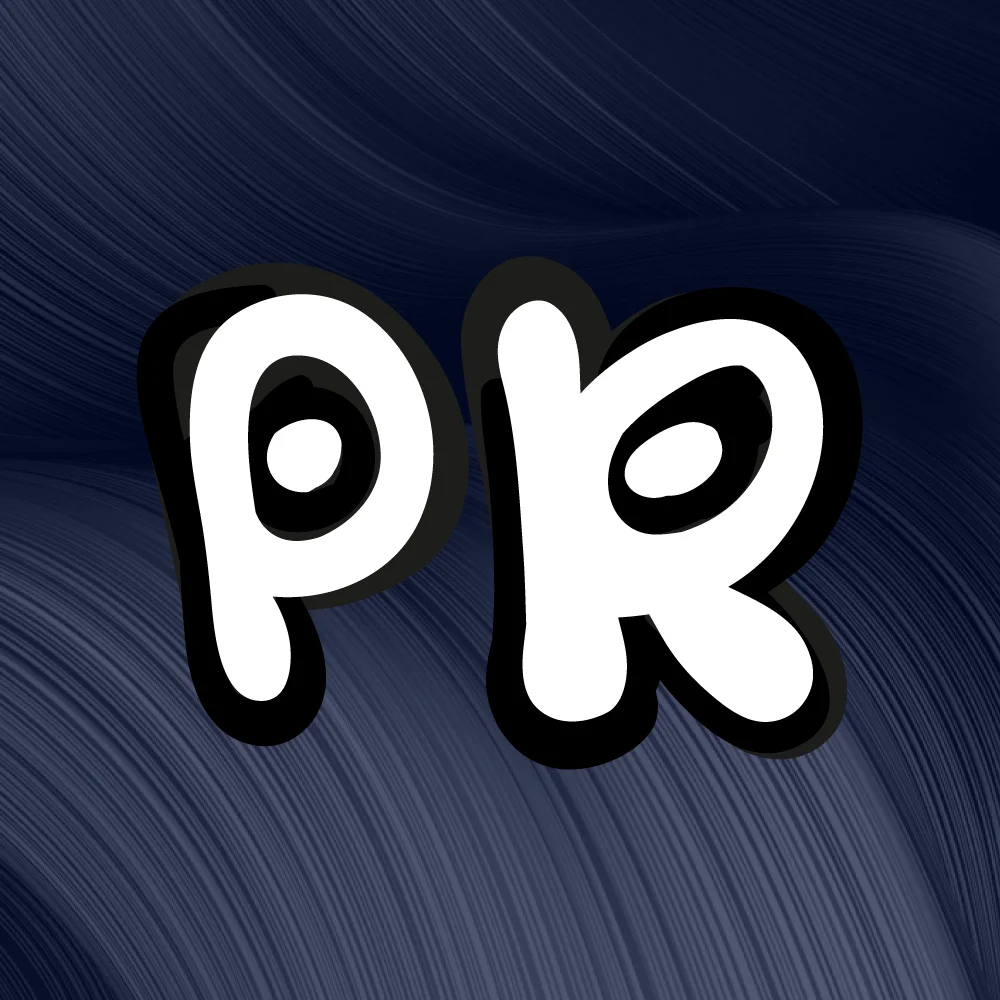PR ON THE GO May 25, 2023
How Introducing New Terms To Describe Your Brand Can Make You Stand Out
Campaign Wording
As an entrepreneur in today's market, it can be challenging to stand out and differentiate your brand from the competition. In a crowded market, it can be tempting to stick with established keywords and phrases to describe your products or services. However, introducing new terms to describe your brand can be a highly effective PR strategy to set yourself apart and capture the attention of potential customers.
Bet On The Power Of Language
At its core, this approach is about taking a calculated risk and betting on the power of language to shape perception and create demand. By defining new terms to describe your brand, you have the opportunity to not only differentiate yourself from competitors but also set the tone for how your products or services are perceived and talked about.
One of the benefits of this approach is that it allows you to control the narrative and shape the conversation around your brand. Rather than relying on the language of your competitors or the industry as a whole, you have the power to create a unique and memorable phrase that captures the essence of what you offer.
For example, Apple famously created the term "iPad" to describe its tablet device, rather than using the established term "tablet computer." By doing so, they not only differentiated themselves from competitors but also established a new category in the market, one that they would come to dominate.
PR ON THE GO Media Lists: Carefully curated journalist contacts and verified email addresses.
Unleash the Power of Unique Tertiary Terms
PR expert Emily Reynolds, Owner at R Public Relations, says:
"In our 24-hour news cycle, consumers and journalists are both constantly inundated by stories. While, yes, incorporating popular keywords into PR materials can help boost SEO and brand awareness, finding ways to stand out from competitors is an even more effective strategy to cut through the clutter. Existing keyword chains are so overused, it’s nearly impossible to see results, so I recommend zeroing in on similar tertiary terms. For example, instead of targeting “Innovative PR,” you might target “Inspired PR.” Make sure these terms are extremely relevant to your business offerings."
Create Innovative Brand Terminology
PR expert Melanie Marten, Owner of The Coup, recommends:
"In the ever-evolving landscape of entrepreneurship, finding ways to stand out from the crowd has become paramount. One compelling strategy to achieve this is by embracing the art of language creation, crafting fresh and distinctive terms that encapsulate your brand's essence.
Just as authors and musicians have used unique phrases to convey hidden meanings, we can leverage the same concept to captivate our audience. Forget the generic phrasing by artificial intelligence; now is the time to unleash our creativity and develop new phrases or even entirely novel words. Think about the intimate insider phrases shared within families – imagine channeling that concept into your business.
Top marketers have long understood the power of this approach, eschewing conventional keywords and instead inventing entirely fresh terminology that embodies their products or services. Picture replacing "DIY" with "Knock yourself out" or transforming "Make yourself at home" into "Set an anchor." By embracing the untapped potential of language creation, you can establish a truly distinct identity, capturing the attention and curiosity of your customers.
Embracing this innovative approach allows you to leave a lasting imprint, ensuring your message reverberates throughout the bustling marketplace of ideas."
Define New Terms & Build a Powerful Brand
Another benefit of this approach is that it can have a positive impact on your SEO efforts. While SEO generally relies on established keywords and phrases, introducing new terms can help you rank for those terms, particularly if you are able to generate a significant amount of content and buzz around them. By establishing yourself as a thought leader in your industry and creating a new category, you have the potential to drive traffic and visibility to your website, which can ultimately drive sales.
Of course, this approach is not without its risks. Introducing new terms can be challenging, as it requires a significant investment in PR and marketing efforts to create awareness and establish the new language in the market. Additionally, it can be difficult to predict how consumers and the industry as a whole will respond to the new terms.
When done well, the rewards can be significant. By standing out and capturing the attention of potential customers, you have the opportunity to build a powerful brand and create demand for your products or services.
In conclusion, introducing new terms to describe your brand can be a powerful PR strategy to differentiate yourself from competitors and capture the attention of potential customers. By taking a calculated risk and betting on the power of language, you have the opportunity to control the narrative and shape the conversation around your brand, which can ultimately drive sales and grow your business. So, consider taking this approach and make your brand stand out in a crowded market.
#PRontheGO
Subscribe to our growthhacking newsletter.
Follow the latest PR hacks from our experts.
